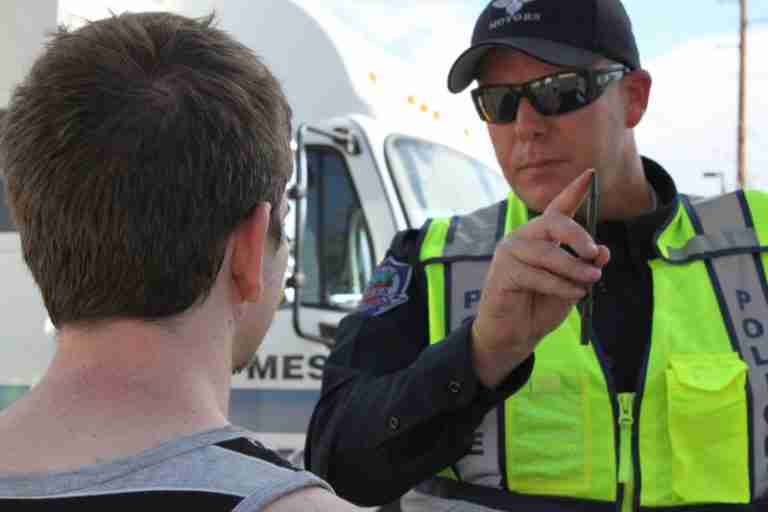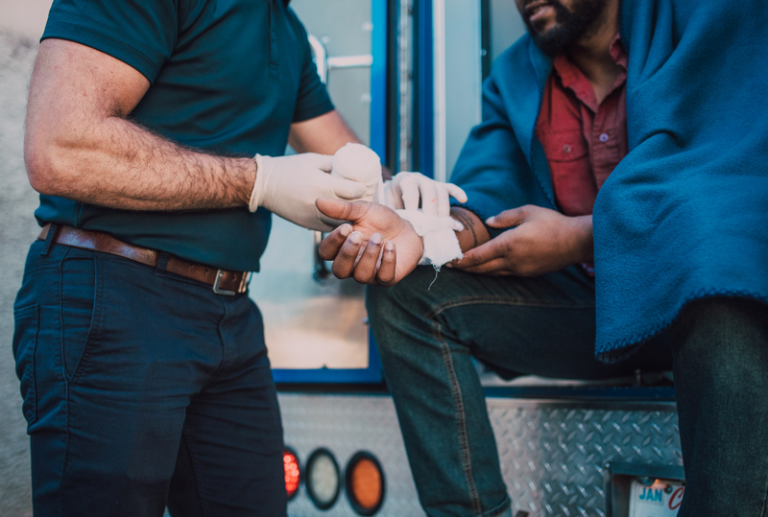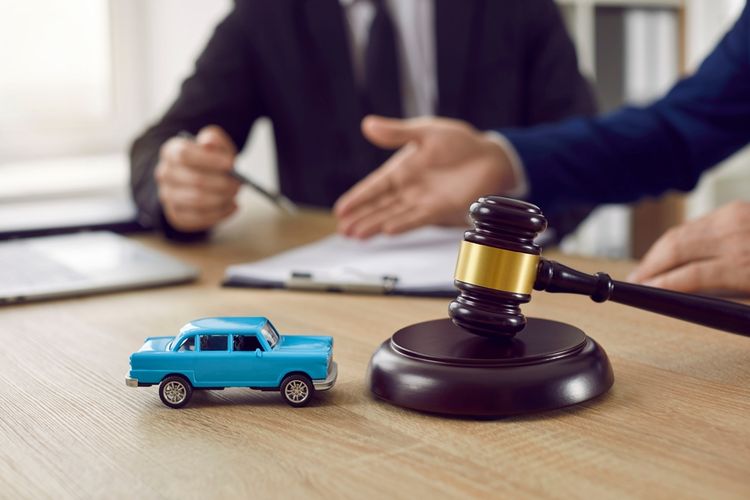The growth of social media in the past decade has made it a vital part of modern society, connecting people and offering a platform for exchanging information and ideas. However, how platforms like Twitter, Facebook, Instagram, Snapchat, Reddit, and TikTok are used has changed over time, and so have their effects on criminal cases.
Evidence collected from social media can be a double-edged sword for defendants. When dealing with a case that can potentially take a toll on your life, it is essential to have all areas covered, and this includes the information shared online about your case. A Decatur criminal defense attorney with vast experience in this field can help protect you and your rights. But first, let’s delve into the challenging aspects.
Admissible Evidence
Prosecutors have been actively utilizing social media posts as admissible evidence in front of the judge. They scrutinize messages, pictures, and videos to use against the defendant, even if they were intended for another audience. What you post on the internet might inadvertently be turned into ammunition, making it essential to be cautious and practice restraint.
Here are 5 cases in which social media was used to convict criminals.
Public Perception
Public perception tends to play a role in how a criminal case unfolds. Social media platforms can become an area where information shapes opinions, potentially influencing the court of public perception. Sharing content related to your personal life or case can create a narrative that contributes to premature judgments.
Witness Credibility
Social media can affect the credibility of witnesses in a criminal defense case. The opposing party may go online to look for contradictory statements and inconsistencies that a witness might have made. If their online presence contradicts what they testify in the courtroom, their credibility may be questioned, making their defense strategy weaker.
Jury Prejudice
The effects of social media on criminal defense cases go beyond being utilized as evidence against the defendant. It can also affect the jury and the overall outcome of the case. After all, they are humans, and what they see online can potentially influence them. They may end up creating opinions regarding the defendant based on what they see, hear or read on the internet, no matter if it is relevant to the case or not.
Effect on Lawyers
Criminal defense lawyers are also forced to navigate the complicated world of social media platforms and comprehend the different privacy policies to make sure any evidence garnered through social media is obtained correctly and doesn’t violate any privacy laws.
Tips on Navigating the Social Media Landscape
We have gathered some general guidelines and tips to help you to avoid social media being used as evidence against you in court:
Practice Mindfulness When Posting Online
The biggest mistake individuals make is sharing information on social media that might be incriminating. It is imperative to keep in mind that anything you post on these platforms can be used against you in court. There are many situations where even seemingly innocent posts have been twisted and utilized to paint people in a negative picture. So, try avoiding posting anything related to your criminal defense case.
Monitor Social Media Accounts
This not only applies to your own posts but also to what others share regarding your personal life or case. Family members and friends may post something that can be used against you, so it is advisable to be on top of popular social media platforms. If you come across something that can be damaging, share it with your lawyer as soon as possible.
Be Wary of Who You Communicate With
Most social media websites are public, so anything said can be seen by everyone. As such, it is important to be careful about who you communicate with on these platforms, particularly if it involves the case. It is best to avoid talking about anything regarding your case online altogether.
Do Not Delete Anything
Some people tend to think that deleting a message or post makes it go away, but this could not be further from the truth. Deleting posts can be viewed as a try to destroy evidence, which can result in detrimental effects. Even if you think a message or post is harmless, it is advisable to leave it up and allow the lawyer to determine if it is relevant to the case.
How a Criminal Defense Attorney Can Help
They Have Legal Experience and Knowledge
A seasoned criminal defense attorney comprehends the complexities that come with social media in handling criminal cases. They stay abreast with the changing laws and regulations regarding digital platforms and how they can use them effectively to challenge prosecutors and defend their clients.
Evidence Analysis
These lawyers are also proficient in social media forensics and can garner, analyze and present digital evidence in front of the jury. They take note of relevant information, contextualize it with the case and present it in a persuasive manner to strengthen their clients’ position.
Protect the Client’s Rights
A reputable criminal defense attorney will ascertain the rights of their client are protected throughout the case. This includes matters related to privacy, possible violations of constitutional rights, as well as unwarranted search and seizure. They’ll examine every potential evidence, including social media content, to check any infringements made on the client’s rights.
Be Careful on Social Media and Call SHElaw firm® if You Are Facing Criminal Charges
Social media has certainly changed how criminal cases are handled, presenting opportunities as well as challenges. As an experienced criminal defense law firm in Decatur, GA, SHElaw firm® has integrated these online dimensions into our defense strategies.
Our team comprehends the impact of social media and, therefore, ensures we are well-equipped to defend our clients. To learn more about your case and legal options, call us at 470-378-1162 and schedule a free initial consultation.









